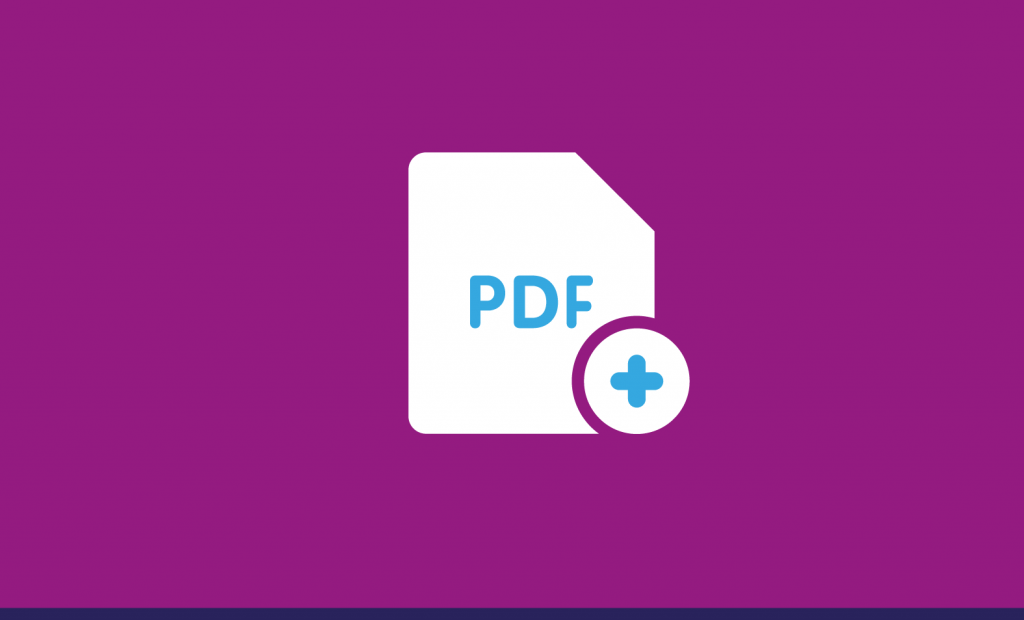
Teaching Guide: Making Peace Through Actions
Author: Lina Margarita Hernandez Cuartas – Description: This plan gives the students the opportunity to learn how people contribute to the community through everyday actions. Or perhaps, through their actions they are not able to reach a healthy and sound coexistence. Besides, it may lead Ss to recognize if they carry out good or bad actions that may or may not affect the community and their lives at home.


